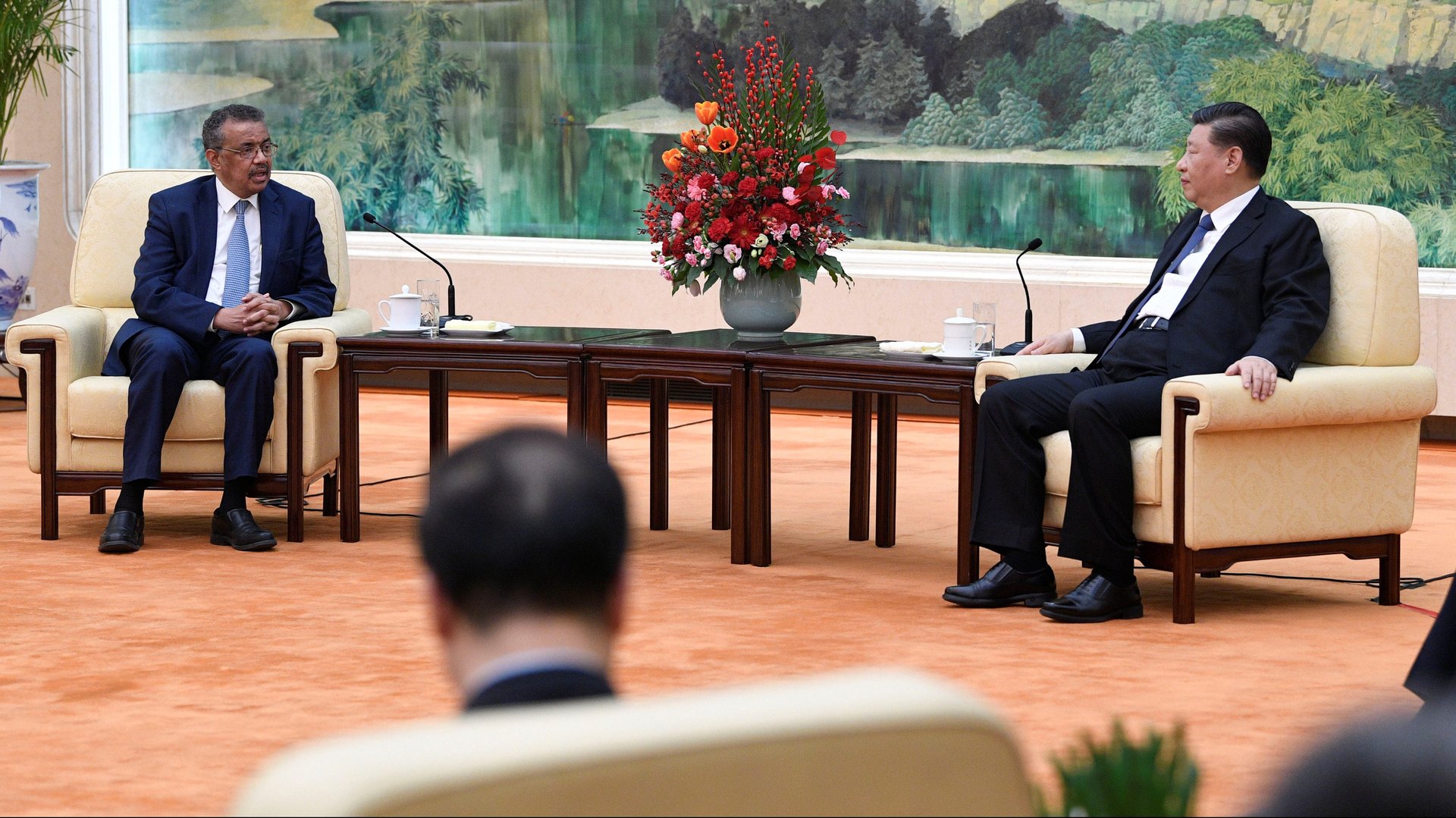Why there won’t be a covid variant called Xi
In the early days of the pandemic, it was common for news outlets and regular people alike to speak of the “Wuhan virus,” a reference to where the first cases of the pandemic in China were detected. Some, explicitly seeking to stir xenophobia, went further and called the illness the “Chinese virus.” An uptick in anti-Asian incidents in the US and elsewhere followed.


In the early days of the pandemic, it was common for news outlets and regular people alike to speak of the “Wuhan virus,” a reference to where the first cases of the pandemic in China were detected. Some, explicitly seeking to stir xenophobia, went further and called the illness the “Chinese virus.” An uptick in anti-Asian incidents in the US and elsewhere followed.
In May, after a contagious new variant swept through India and then to other countries, the World Health Organization said it would move to using Greek letters to refer to variants of interest or of concern, to encourage reporters and others to move away from geographical descriptions such as “the UK variant,” or the “South Africa variant.” It explained at the time:
These labels do not replace existing scientific names (e.g. those assigned by GISAID, Nextstrain and Pango), which convey important scientific information and will continue to be used in research.
While they have their advantages, these scientific names can be difficult to say and recall, and are prone to misreporting. As a result, people often resort to calling variants by the places where they are detected, which is stigmatizing and discriminatory.
Why did the WHO skip Nu and Xi?
But when it named the new variant first detected in southern Africa, the world health body skipped over two Greek letters—Nu and Xi—prompting a flurry of speculation. The WHO didn’t initially explain why it did so (though some had predicted the move).
When asked, it said it skipped Nu for being too similar to the word “new,” which could prompt confusion, while Xi is a common Chinese surname.
The decision is already something of a Rorschach test.
While some have taken the explanation at face value, many others are seeing it as another example of China’s influence over the health body, which was criticized last year for not being critical of the country’s early handling the outbreak, and for not declaring the coronavirus outbreak a pandemic earlier. In other words, skipping Xi is not a nod to the many people who have that last name, but to just one man—Chinese leader Xi Jinping.
It’s certainly possible that some level of political consideration played a role in WHO’s decision. But the strong association that many clearly have between the name Xi and China—and the slew of jokes on the theme that “Xi already is a virus”—suggest that World Health Organization was right to skip this particular Greek letter.